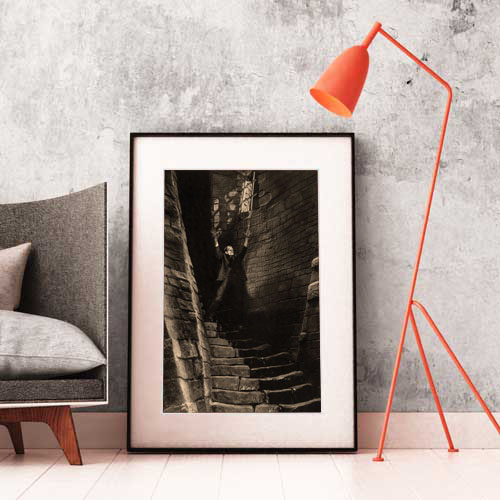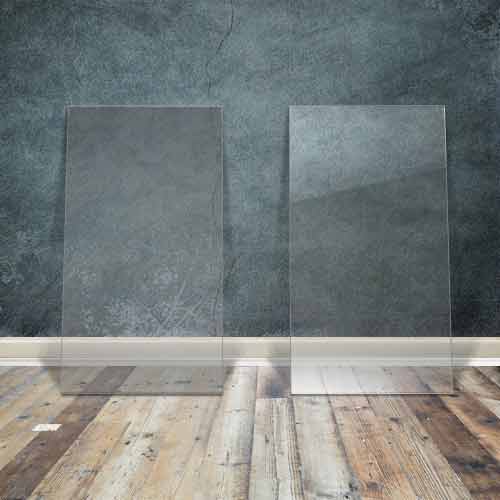Exceptional theatrical publicity shot featuring the voluptuous Ingrid Pitt (Marcilla/Carmilla/Mircalla Karnstein) in Austrian General Spielsdorf's (Peter Cushing) estate standing next to a large candelabra while looking straight ahead. The General was throwing a party to celebrate the birthday of his niece.
The Vampire Lovers is a 1970 British Gothic horror film directed by Roy Ward Baker and starring Ingrid Pitt, Peter Cushing, George Cole, Kate O'Mara, Madeline Smith, Dawn Addams and Jon Finch. It was produced by Hammer Film Productions. It is based on the 1872 Sheridan Le Fanu novella Carmilla and is the first film in the Karnstein Trilogy, the other two films being Lust for a Vampire (1971) and Twins of Evil (1971). The three films were somewhat daring for the time in explicitly depicting lesbian themes. The film was a co-production between Hammer and American International, who were interested in a vampire movie with more explicit sexual content to take advantage of a more relaxed censorship environment. It was decided to adapt Carmilla.
Harry Fine and Michael Style were the two producers. They formed a company, Fantale, along with writer Tudor Gates. Harry Fine's wife knew Nat Cohen who introduced them to James Carreras. Fine suggested they film Carmilla. Tudor Gates said Mr. Carreras was very enthusiastic and he sold it "instantly" to AIP based on the poster. Before production, the script of The Vampire Lovers was sent to the chief censor John Trevelyan, who warned the studio about depictions of lesbianism, pointing out that a previous lesbian film, The Killing of Sister George, which ultimately had five minutes excised by his office. In response, Hammer replied that the lesbianism was not of their doing, but was present in the original story by Le Fanu. Trevelyan backed down as a result.
Production of The Vampire Lovers began at Elstree Studios on January 19th, 1970 and used locations in the grounds of Moor Park Mansion, Hertfordshire (standing in for Styria, Central Europe). Produced on a relatively low budget of £165,227, it was the final Hammer film to be financed with American money—most of the later films were backed by Rank or EMI. Gates thought AIP gave Hammer $400,000 so "Jimmy had change left over". He said Fantale, his company with Fine and Styles, had a 25% profit stake which was very lucrative.)
While filming the scene in which Carmilla attacks Madame Perrodot, Ingrid Pitt's fangs kept falling out of her mouth and dropping into Kate O'Mara's cleavage, prompting gales of uncontrollable laughter from both actresses. Finally, Pitt grabbed some chewing gum from the mouth of one of the crew members and used it to secure her fangs. Dave Kehr wrote a favorable retrospective review for Chicago Reader, writing that the film "resulted from the last significant surge of creative energy at Britain's Hammer Films, which thereafter descended into abject self-parody." Film critic Leonard Maltin gave the film a passing grade of two-and-a-half stars, calling it a "rather erotic Hammer chiller".
Product Enquiry
Kodak Professional Endura Paper
Kodak Endura papers provide an incredible amount of detail and smooth transition of tones. Designed for the professional photographer in mind, looking for a more traditional photo print style, Kodak Endura provides an extended print life and color gamut almost at the level of a high end fine art paper print.
Archival Matte Paper
Archival Matte Paper, also known as Moab Lasal Photo Matte, is our house stock fine art paper and is an economical favorite for fine art reproductions and photo prints. It features a smooth surface, heavy weight (230 g, 9.5-mil), neutral white, matte paper engineered for accurate color reproduction that provides high contrast and high-resolution output. This paper is acid-free, making it the perfect choice for both photography & fine art reproductions.
Giclee William Turner Paper by Hahnemühle
The William Turner by Hahnemühle is one of the most popular papers used in the Giclee printing industry. This is a 310g natural white mould made natural line paper with 100% rag content making it highly archival. It has a slight coarse texture which gives photos and artwork an elegant look. These fine art paper prints (also known as Giclee) are ordered by galleries, individual artists and photographers. The papers and inks are not only archival but use some of the most accurate print technology for full color prints.
- Giclee prints use very expensive archival pigmented inks.
- Highest level of color gamut available in printing (12 color printing).
- Exceptional black & white printing.
- Fade resistant, pigmented inks which provide a superior color range compared to other types of inks. Widely preferred in fine art and photography circles.
- We ONLY use professional grade fine art and photo paper that resist yellowing and aging.
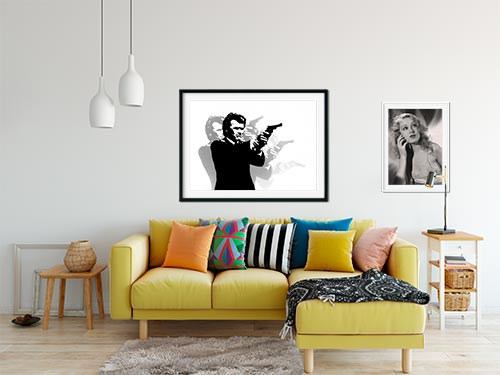
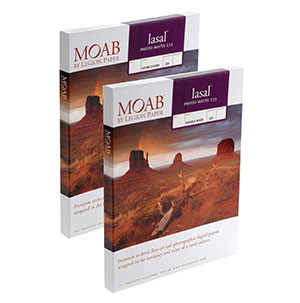
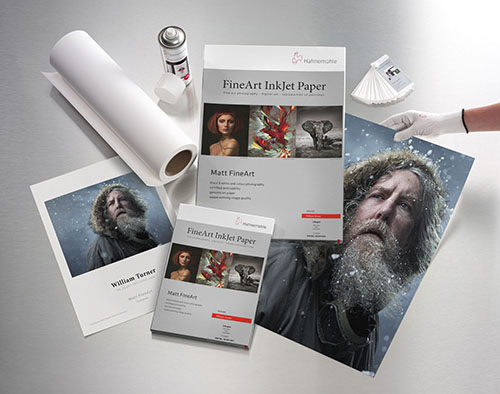
Framing
We offer wood and metal frames, custom cut & joined to order. Each framed print includes hanging hardware and foamcore backer.
Matting
We use conservation grade 100% virgin alpha-cellulose 2 ply mats with white core. Acid-free and lignin-free, these are both face resistant and meet all conservation quality standards set by the Fine Art Trade Guild. Mats are digitally cut for ultimate precision. The window will be 1/8″ smaller than the print dimensions.
Glazing (Acrylic Glass)
We offer custom cut panes of shatter-proof, acrylic glass, to protect your valuable artwork and prints.
Premium Clear
Framing grade clear acrylic is shatter resistant and lightweight.
Reflection Control
With its matte finish, Tru Vue Reflection Control® Acrylic scatters light to diminish unwanted glare.
Conservation Clear
Tru Vue Conservation Clear® Acrylic is a framing industry staple, blocking up to 99% of UV rays for ultimate protection.
Conservation Reflection Control
Tru Vue Conservation Reflection Control® Acrylic scatters and diffuses light to reduce unwanted glare. Blocks up to 99% of UV rays.
